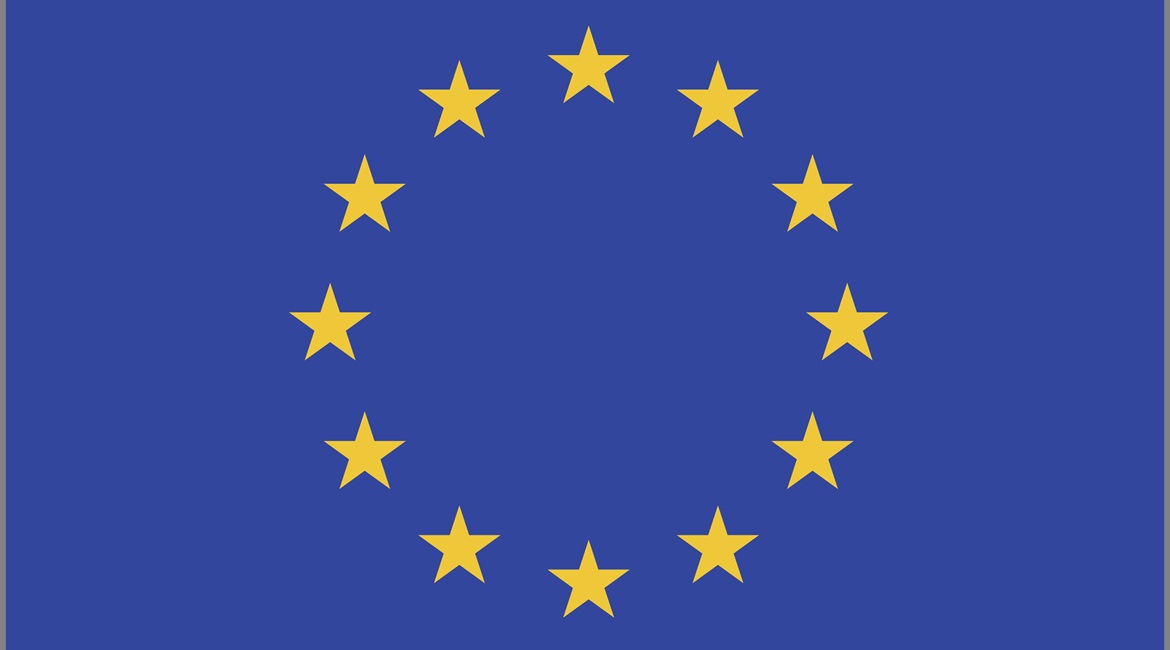
Germany has outlined the security and defence priorities for the EU presidency it will chair during the second half of the year. Defence Minister Annegret Kramp-Karrenbauer said on 8 July during an online session to kick off Germany's presidency that she sees the requirement for increasing the resilience of and to develop a ’strategic compass’ for the EU in security and defence.

German Defence Minister Annegret Kramp-Karrenbauer on 8 July outlined the security and defence priorities of her country’s EU presidency. (Getty Images)
She called for EU unity and clarity on its values, interests, and ambitions regarding relations with Russia and China, adding that Europe must strive for greater co-operation with allies in the Indo-Pacific area because of what she described as China's aggressive economic and ideological expansion, according to Kramp-Karrenbauer.
She also pushed for the further development of the EU’s Common Security and Defence Policy (CFSP) so Germany and the EU provide internal security and manage international crises, as well as prepare for the long-term future after Covid-19.
She pointed to the German-led Permanent Structured Cooperation (PESCO) project to create a European Medical Command (EMC) as an important part of greater EU resilience. She said that Germany and its partners are building the command as a nucleus for developing closer co-operation and the resilience of armed forces in the EU, expressing the aim of developing and stockpiling easily deployable medical capabilities by road, rail, and air to counter epidemics and pandemics. Launched in March 2018, the EMC project involves Germany, Belgium, the Czech Republic, France, Italy, the Netherlands, Romania, Slovakia, Spain, and Sweden and aims to provide the EU with a medical capability to co-ordinate military medical resources.
Looking to read the full article?
Gain unlimited access to Janes news and more...






